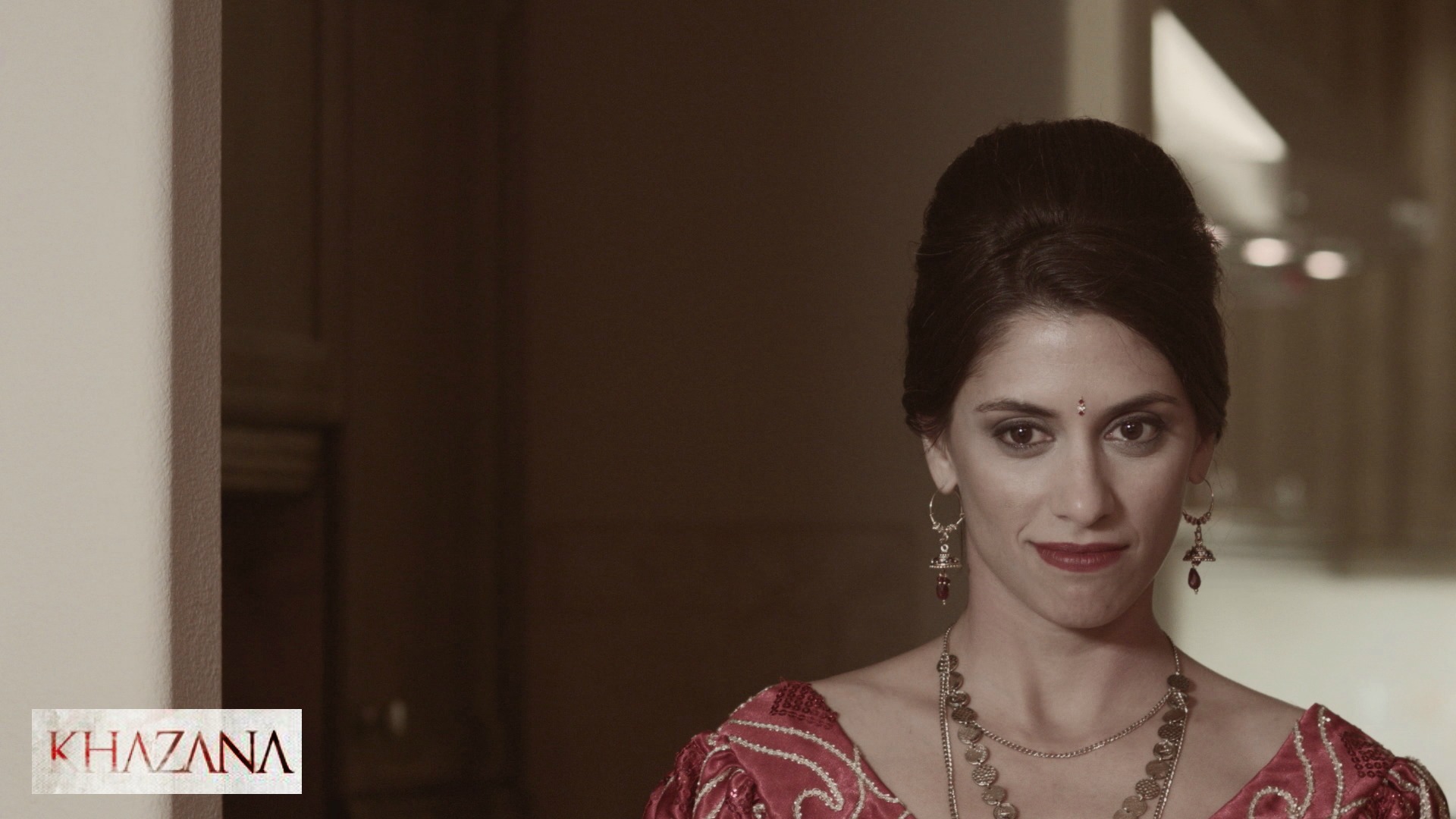When “The KPOP Dictionary – 500 Essential Korean Slang Words and Phrases Every K-Pop, K-Drama, K-Movie Fan Should Know ” finally climbed up to become Amazon’s Best Seller (2017.01.06), it meant more than just a sales figure.
A 1.5 generation Korean American author Woosung Kang, who spent his childhood in Colorado, studied Management at Denver University and Consumer Psychology at NYU for M.A, believes that it is a clear reflection of not just the Korean pop culture spreading across the globe but a mutual appreciation of diverse cultures through Korean pop culture.
The most significant fact is that the sales come from all parts of the world; North America (USA/Canada) makes up about 50% of the sales while UK and European countries (France, Germany, Spain, Italy) make up the rest. Its Japanese version is set to make a debut sometime in February.
To reach the K-Pop fandom in Central and South America, the book has been published in Spanish and Portuguese.
The inspiration behind the making of the book came while he was working as a volunteer translator at a large online K-Pop community with over 2 million registered users from all over the globe. After receiving an overwhelming amount of translation requests for Korean slang words and phrases found in K-Pop and K-Dramas, he felt the need for something that can explain the subtle nuances that are hidden between the lines and beyond what the subtitles can offer.
He compiled a list of essential slang words and phrases, sorted by the frequency of requests and their “hotness”. The list doesn’t just come with definitions, but how they came about, such as their cultural background, to help the readers understand what they really can mean in different situations.
Take “Ajussi”, for an example. While its dictionary definition refers to a “married or middle-aged man”, but it also has negative connotations associated with it. If you hear this word, you might be that someone who is old-fashioned and behind the times.
As of today, the book has a rave of reviews, with 20 reviews with 5-star ratings. The reviews all have a common theme; it helps the readers (non-Koreans and Korean Americans alike) understand how and why they are used, providing an extra page that explains how the Korean society functions.
This is why Lee Woo Yong of SM Entertainment remarked through a blurb “Take a Peek into the Psychology of Modern Korean People Through Slang”.
Stephanie Ishler, a famous YouTube Personality for channel Hallyu Back, said “The Kpop Dictionary is a fun mix of common slang and adages frequently found in Kpop and Korean Dramas which will help provide a base for understanding that goes far beyond subtitles.”
SeungHyun Shin of Funtastic Korea, made an even bolder statement by going as far as “This will be the Bible of Korean culture”.
Woosung is convinced that the results are a simple byproduct of two factors; the demand was there, and the book serves to quench the thirst. At the same time he is fascinated by how language evolves like an organic being, and how it serves as a tool that captures the ideology and trend we have right now at this very moment. It is just incredible. He added.
Most of all, it is truly fascinating how different cultures, whether you are Asian, Hispanic, Caucasian or African, we all laugh and cry at the same scene. K-Pop just happens to be the mediator that creates a mutual bond among diverse cultures and races.
While he believes that K-Pop is hasn’t really dominated the globe, as some overly nationalistic Korean media would like to report, it is slow making its inroads into the many uncharted seas. To many, K-pop is not a minor cult in the U.S. anymore, know the fact that it has steady listeners and is gaining popularity in many small towns. He believes that it lies somewhere above J-Pop but below Japanese Anime, if he were forced to make a comparison. It is really exciting to see what would happen when they get older. Who knows? Maybe K-Pop can be something that can make people of different cultures come together. He smiled.



